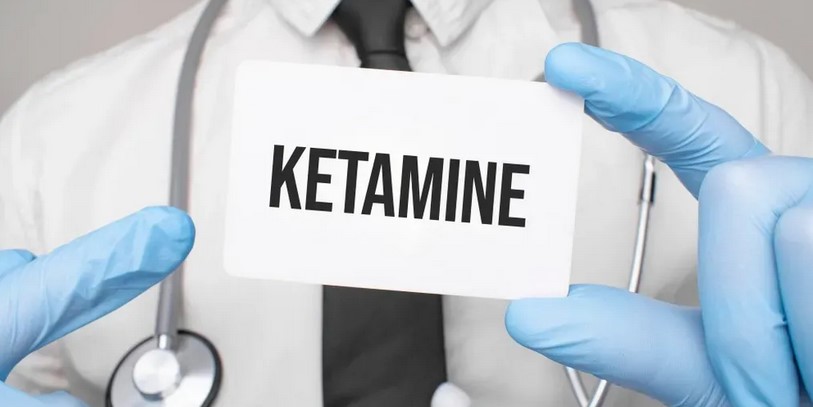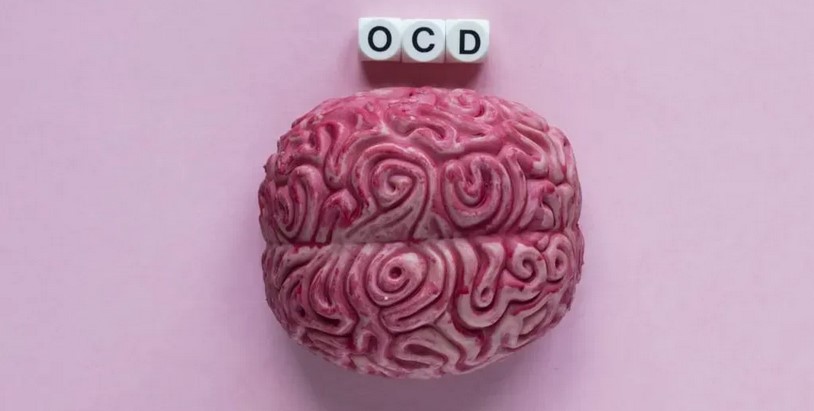Obsessive compulsive disorder (OCD) is a complex mental health issue characterized by cognitive distortions that can build to a cycle of thought processing errors. The loops of obsessions and compulsions can take over your life.
It’s a normal part of human existence to have obsessive thoughts and compulsive behaviors, but these alone don’t mean you have obsessive compulsive disorder (OCD). An OCD diagnosis requires a cycle of behavior that takes up more than an hour each day, causes the patient extreme distress, or gets in the way of normal daily activities.
Keta Medical Center in Oradell, New Jersey, New Rochelle, New York, and the Upper West Side of Manhattan in New York City treat OCD with low-dose intravenous (IV) ketamine infusion therapy. It’s a treatment that produces fast results and combines well with other anti-anxiety and antidepressant medications. Ask us about IV ketamine to treat your OCD condition.
What is OCD?
The word “obsession” is a common part of daily language, so its meaning tends to get diluted when considering OCD. Being obsessed with a celebrity or with having a clean house doesn’t mean you have OCD. In fact, you may enjoy following a pop star or having a tidy home. These obsessions don’t cause you to feel anxious nor do they interfere with other aspects of your life.
A person with OCD doesn’t want these obsessive thoughts or compulsive urges and they find these illogical and distressing. Still, they can’t avoid thoughts and feelings. Their OCD is a psychological disorder rather than a personality trait.
Living with OCD
Described as inaccurate patterns of thought that create or maintain negative emotional states, cognitive distortions lay at the heart of OCD conditions. These distortions include feeling misplaced responsibility, overestimating inherent dangers of an event, or an automatic connection between thoughts and actions.
Cognitive distortions trigger episodes of extreme anxiety that interfere with normal daily living. This anxiety prevents the OCD patient from performing tasks or enjoying activities that they want to do, though they can’t overcome the effects of these emotional episodes.
Common obsessions include:
- Contamination: fear of germs and illness
- Loss of control
- Perfectionism, also known as “just right” OCD
- Harm: to self or others
Repetitive behaviors called compulsions commonly feature:
- Cleaning: acting on contamination OCD
- Mental rituals: attempts to cope with unwanted thoughts
- Organization: actions that address perfectionism
- Checking: repeated activities that attempt but fail to relieve anxiety
While these general obsessions and compulsions are common, the specifics vary widely between OCD sufferers.
Ketamine for OCD
As an anti-anxiety and antidepressant treatment, low-dose ketamine works on a different type of brain chemistry than traditional medications used for the same purposes. Conventional drugs typically take weeks before producing results as well as additional time to find optimal dosages.
Delivered by IV in our offices, ketamine takes effect quickly, often the same day. As well as relieving the anxiety caused by OCD, ketamine infusions interrupt the cognitive distortions that cause the characteristic thought disruptions. OCD symptoms no longer interfere with living life the way you want to live.
Find out if you’re a candidate for IV ketamine treatment for OCD in consultation with the experts at Keta Medical Center. You can schedule your visit by phone or through our online booking link above. Call today to start the process of shutting down your OCD.







